Introduction
Ginseng, a revered herb in traditional medicine systems across Asia, North America, and Siberia, has been prized for centuries for its purported health-enhancing properties. Modern wellness enthusiasts often incorporate ginseng into alcoholic tinctures, blending its adaptogenic benefits with the preservative qualities of alcohol. However, one critical question persists among both novice and experienced herbalists: How long should ginseng be soaked in alcohol to achieve optimal potency and safety? This article delves into the science, cultural practices, and practical guidelines surrounding ginseng-alcohol infusion duration, offering a comprehensive roadmap for crafting effective tinctures.
The Science Behind Ginseng Extraction
Ginseng’s bioactive compounds, including ginsenosides, polysaccharides, and flavonoids, are responsible for its therapeutic effects, such as immune support, cognitive enhancement, and stress reduction. Alcohol acts as a solvent, extracting these compounds from the plant material. The efficiency of this process hinges on several factors:
- Alcohol Concentration: Higher proof spirits (40–60% ABV) are typically recommended, as they effectively dissolve both polar and non-polar compounds. Lower alcohol content may result in incomplete extraction or spoilage due to microbial growth.
- Ginseng Variety: Species like Panax ginseng (Asian ginseng), Panax quinquefolius (American ginseng), and Eleutherococcus senticosus (Siberian ginseng) have distinct chemical profiles, influencing extraction rates.
- Root Age and Preparation: Older roots, with their denser concentration of active ingredients, may require longer soaking periods. Slicing or powdering the root increases surface area, accelerating extraction.
Factors Influencing Soaking Time
Determining the ideal soaking duration involves balancing potency, taste, and safety. Below is a breakdown of key considerations:
-
Desired Potency
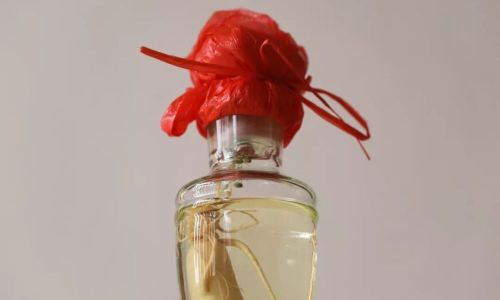
- Short-Term Infusion (1–4 weeks): Ideal for mild effects or culinary use. This method yields a lighter tincture suitable for daily consumption but may lack the full spectrum of ginsenosides.
- Medium-Term Infusion (6–8 weeks): A sweet spot for most users, offering a robust extraction of bioactives without excessive bitterness.
- Long-Term Infusion (3–6 months): Reserved for therapeutic purposes, this duration maximizes compound extraction but risks over-extraction of bitter tannins.
-
Environmental Conditions
- Temperature: Storing the infusion in a cool, dark place (15–25°C) slows degradation. Excessive heat may accelerate chemical breakdown.
- Agitation: Gentle shaking every 1–2 days enhances solvent-plant interaction, reducing required soaking time.
-
Ginseng Form
- Whole Root: Requires 8–12 weeks due to lower surface area.
- Sliced Root: 6–8 weeks suffices.
- Powdered Root: 4–6 weeks, but filtering becomes critical to avoid sediment.
Step-by-Step Guide to Crafting Ginseng Tincture
-
Material Selection
- Ginseng Quality: Opt for organic, dried roots to minimize pesticide residues. Fresh roots demand shorter soaking times (2–4 weeks) but require refrigeration.
- Alcohol Base: Use 100-proof vodka, brandy, or neutral grain spirits. Avoid flavored alcohols that may clash with ginseng’s earthy notes.
-
Preparation
- Clean the root thoroughly to remove soil.
- Slice into 1/4-inch pieces or coarsely grind using a blender.
-
Infusion Process
- Fill a sterilized glass jar with ginseng, leaving 1/3 headspace.
- Pour alcohol until submerged (1:5 herb-to-alcohol ratio by weight).
- Seal tightly and label with the start date.
-
Monitoring and Filtering
- Taste-test weekly after the 4-week mark.
- Strain using cheesecloth or a coffee filter when desired strength is achieved.
- Store the tincture in amber glass bottles away from light.
Debunking Myths About Soaking Duration
-
Myth 1: “Longer is always better.”
Prolonged soaking (beyond 6 months) may extract unwanted compounds like cellulose, leading to a harsh, astringent flavor without added benefits. -
Myth 2: “Alcohol strength doesn’t matter.”
Lower-proof alcohols (e.g., wine or beer) risk spoilage and incomplete extraction. Stick to 40% ABV or higher.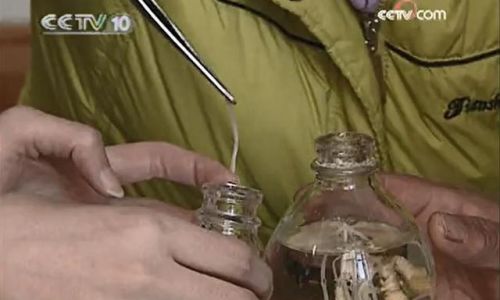
-
Myth 3: “You can’t over-infuse powdered ginseng.”
Powders release compounds rapidly, making them prone to over-extraction. Strictly adhere to the 4–6 week window.
Cultural Perspectives on Soaking Time
Traditional Chinese Medicine (TCM) often advocates for prolonged maceration (3–6 months) to align with seasonal cycles, believing this enhances the tincture’s “qi” (vital energy). Conversely, Korean practices emphasize shorter infusions (4–6 weeks) to preserve the root’s delicate balance of yang and yin energies. Modern herbalists, armed with analytical tools like HPLC (high-performance liquid chromatography), now quantify ginsenoside levels to pinpoint optimal extraction times, bridging ancient wisdom with empirical data.
Safety and Dosage Considerations
- Potency Variability: Factors like ginseng species and alcohol type make standardized dosing challenging. Start with 0.5–1 ml (10–20 drops) daily, adjusting gradually.
- Contraindications: Avoid ginseng tinctures if pregnant, breastfeeding, or taking blood-thinning medications. Consult a healthcare provider before use.
- Shelf Life: Properly stored tinctures can last 2–3 years, though potency may diminish over time.
Advanced Techniques for Enthusiasts
- Solar Infusion: Place the jar in sunlight for 2–4 hours daily to gently heat the mixture, potentially accelerating extraction.
- Double Maceration: After initial straining, re-infuse the ginseng with fresh alcohol to capture residual compounds.
- Combination Tinctures: Blend ginseng with complementary herbs like astragalus or ginger, adjusting soaking times based on each ingredient’s hardiness.
Troubleshooting Common Issues
- Mold Growth: Indicates contaminated ginseng, insufficient alcohol, or improper sealing. Discard and restart with sterilized materials.
- Weak Potency: Use a higher alcohol concentration, increase soaking time, or opt for powdered ginseng.
- Excessive Bitterness: Shorten the infusion period or dilute the tincture with water or honey.
Conclusion: The Art and Science of Patience
Crafting a ginseng-alcohol tincture is a dance between tradition and precision. While cultural practices offer timeless wisdom, modern science provides frameworks for optimizing extraction. The ideal soaking time—whether 4 weeks or 4 months—depends on your goals, ingredients, and palate. By respecting the herb’s integrity, monitoring environmental conditions, and embracing experimentation, you can harness ginseng’s full potential in a bottle. Remember: great tinctures are born not from haste, but from the quiet marriage of time, alcohol, and nature’s pharmacy.
Final Recommendations
- For beginners: Start with a 6-week infusion of sliced American ginseng in 100-proof vodka.
- For therapeutic use: Opt for an 8-week maceration of Asian ginseng root in 190-proof grain alcohol.
- For culinary applications: A 2-week soak of powdered Siberian ginseng in brandy adds depth to sauces and desserts.
In the end, the “perfect” soaking time is subjective—a reflection of your intentions and senses. Listen to the tincture, taste it regularly, and let your experience guide you. After all, the journey of herbal alchemy is as rewarding as the destination.
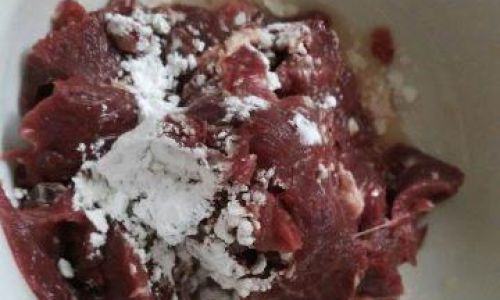
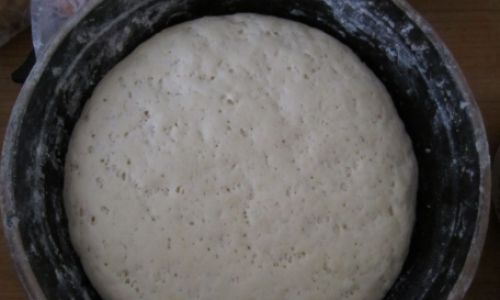
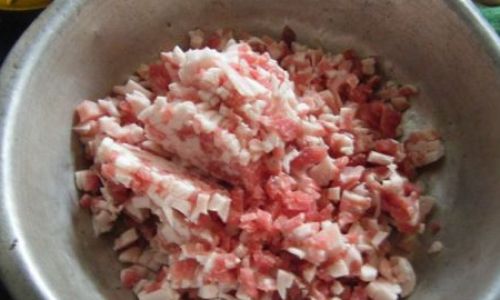
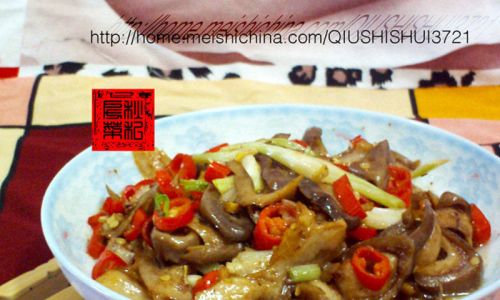
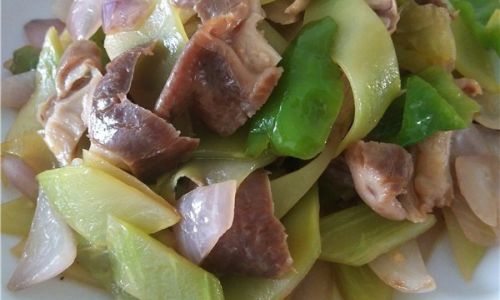
0 comments